Description
In Depth
VRM2 is a targeted herbal formula designed to support the body’s natural ability to maintain a balanced microbiome and immune response, particularly in relation to small, thread-like parasitic organisms. This specialized blend aids digestion and promotes the expulsion of unwanted invaders, helping to restore gut integrity and overall well-being.
In the 1970s, renowned researcher Doc Wheelwright explored traditional plant-based solutions across the Brazilian rainforest, Mexican desert, African savannahs, and Asian jungles. His findings led to the development of four distinct formulas, each addressing different parasitic classifications—large, small, micro, and cellular. Decades later, Dr. Shayne Morris revisited and refined this approach, integrating modern scientific insights to streamline the original concept into the groundbreaking Clear 1 µBiomic and Clear 2 µBiomic formulas. Now, clinicians can use the Roadmap protocol as a foundational gut-cleansing strategy, with VRM formulas providing precision support based on clinical data.
Scientific research continues to validate the role of botanical phytoconstituents in supporting a healthy gut environment. The key ingredients in VRM2—such as black walnut, wormseed oil, kamala, quassia, bromelain, and betel nut—work synergistically to create an inhospitable environment for unwanted organisms, promote healthy digestion, and strengthen intestinal resilience. By leveraging these time-tested herbs in a modern formula, VRM2 offers a powerful tool for maintaining gastrointestinal balance and immune function.
Two versions of VRM2:
- VRM2 capsules: Standard encapsulated formula for ease of use.
- CXVRM2 concentrated extract: A highly bioavailable liquid extract for enhanced potency and absorption.
Understanding the VRM formulas:
While Clear 1 µBiomic & Clear 2 µBiomic provide foundational gastrointestinal immune and microbiome support, the VRM formulas allow for targeted enhancements based on clinical evaluations:
- VRM1 – Large: Supports the body in addressing large parasitic species.
- VRM2 – Small: Targets smaller, thread-like parasites based on visible signs or symptoms.
- VRM3 – Micro: Supports the body’s natural defenses against microscopic, pathogenic species.
- VRM4 – Cell: Focuses on cell-invasive and blood-borne parasites, aiding systemic immune support.
Key Features
- Black walnut (Juglans nigra) is known for its powerful antiparasitic, antibacterial, and anti-inflammatory properties, supported by scientific research. Its key compounds, including tannins and juglone, have been shown to help combat various parasites, particularly microscopic pathogens such as bacteria, protozoa, and mycobacteria. Additional compounds like plumbagin and hydrojuglone further inhibit the growth and survival of parasites. Studies indicate that black walnut extract can significantly reduce parasitic worm infestations, including pinworms, hookworms, and tapeworms. When consumed, black walnut hulls help oxygenate the blood, creating an environment that is inhospitable to parasites. The astringent nature of tannins strengthens tissues, making them less susceptible to invasion, while natural iodine provides potent antimicrobial effects to help cleanse the blood and digestive system. Research has specifically highlighted juglone’s effectiveness in deterring Enterobius vermicularis (pinworm).
- Wormseed oil, derived from Chenopodium ambrosioides, has been recognized for its ability to support both external and internal microbiomes. Studies published in Medicines suggest that when applied topically, wormseed oil penetrates tissues to help maintain a balanced skin environment, while internal use promotes gastrointestinal health. Its active compound, ascaridole, plays a key role in supporting a healthy balance of beneficial and harmful microbes in the body. Renowned for its ability to combat worms, fungal infections, and pathogenic bacteria, wormseed oil is a powerful agent in eliminating intestinal invaders, resolving infections, and promoting healing by reducing inflammation.
- Kamala (Mallotus philippensis) is a tree traditionally used in African, Austral-Asian, and Ayurvedic herbal medicine. Its fruit yields a therapeutic fiber with anthelmintic properties, while its roots produce a red plant dye. Historically, kamala has been used to support healthy intestinal function, normal bowel movements, and skin cleansing. Research published in the Journal of Pharmacognosy and Phytochemical Research confirms its effectiveness against threadworms, hookworms, and roundworms, making it a valuable herbal ally in maintaining digestive health.
- Quassia chips (Quassia amara), sourced from a Jamaican tree, have long been valued for their ability to promote digestive and gastrointestinal health. Rich in bitter quassinoids, quassia stimulates digestion while simultaneously acting as a natural anthelmintic. These bitter compounds are toxic to intestinal parasites, including worms and lice, helping to expel them from the body. For centuries, quassia has been safely and effectively used in herbal medicine to support a parasite-free digestive system.
- Bromelain is a proteolytic enzyme complex extracted from the core and stems of the pineapple plant, known for aiding digestion and breaking down large protein molecules into smaller peptides and amino acids. This enzymatic activity helps eliminate protein-based debris that contributes to inflammation and an undesirable internal terrain where parasites can thrive. Bromelain has demonstrated anthelmintic properties by targeting helminth protein structures, which may help disrupt parasite survival. Studies on Haemonchus contortus, a common parasite in livestock, show that bromelain inhibits parasite egg hatchability, reducing overall worm populations and preventing reinfestation. Additional research suggests that bromelain may enhance the immune system’s ability to fight helminth infections, supporting the body’s natural defense against parasites.
- Betel nut, also known as Bing Lang, comes from the Areca catechu palm tree and has been a staple in Traditional Chinese and Ayurvedic medicine for supporting normal intestinal function. It is traditionally used to aid the body’s natural processes of expelling unwanted organisms. Animal studies on dogs, chickens, and goats have demonstrated its effectiveness against a variety of parasites, including flukes, roundworms, and hookworms, reinforcing its long-standing use as a natural remedy for intestinal health.
Essential Ingredients
- Black walnut
- Wormseed oil
- Kamala
- Quassia
- Bromelain
- Betel nut
Directions
Take 1 capsule daily at bedtime (in cycles of 10 days on followed by 5 days off), or as directed by your health care professional.
Warnings
Professional grade. Keep away from heat, sunlight, and children.
Quality Guarantee
cGMP facility
Vegi-Capsule
Non-GMO
Gluten Free
Frequently Asked Questions
How is VRM2 different from the other VRM formulas?
VRM2 specifically targets small, thread-like parasites, while the other VRM formulas focus on different types—VRM1 for larger organisms, VRM3 for microscopic species, and VRM4 for intracellular concerns.
Can VRM2 be taken with other supplements?
Yes, VRM2 can be incorporated into a comprehensive gut health protocol, including probiotics, digestive enzymes, and other microbiome-supporting supplements. Always consult a healthcare professional before combining supplements.


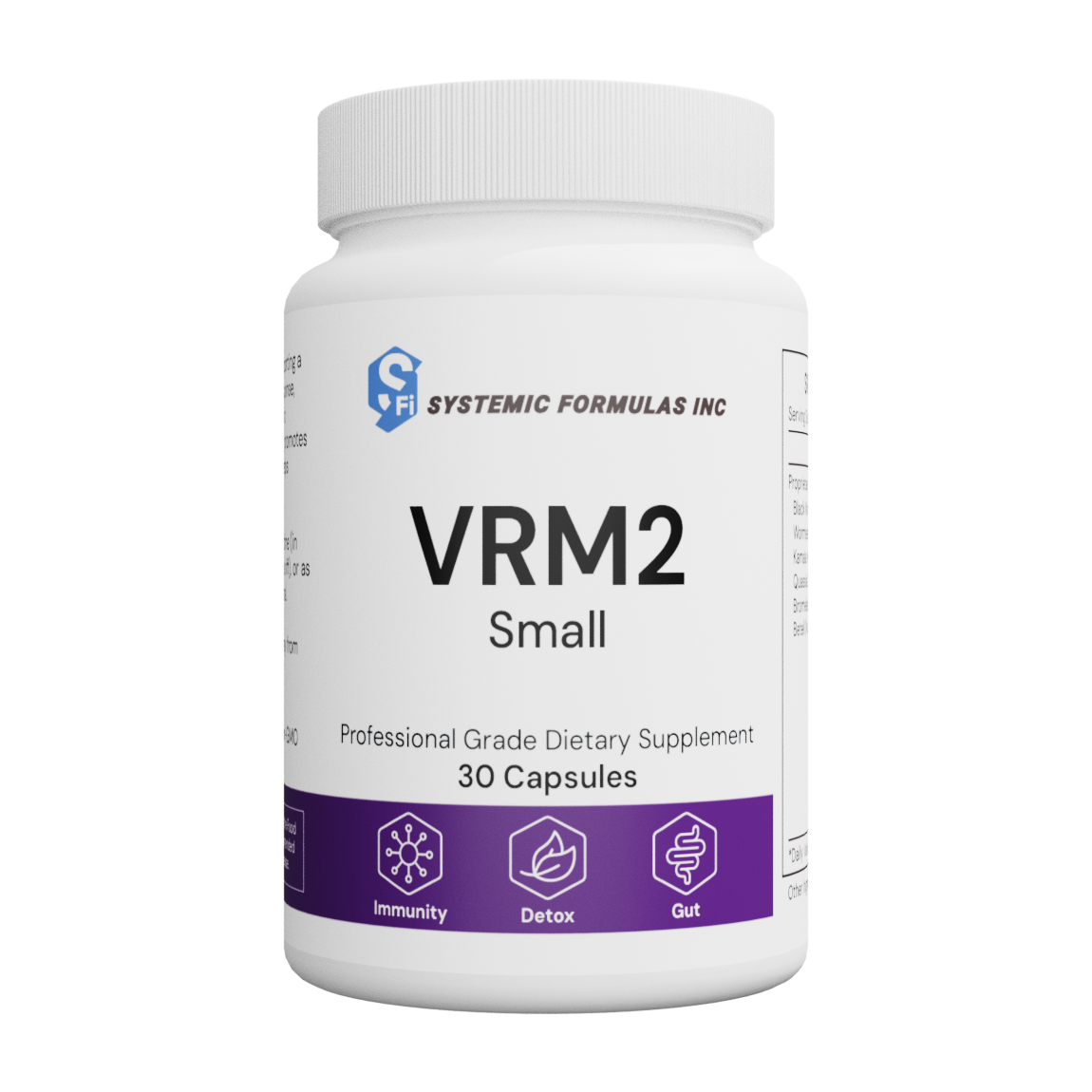
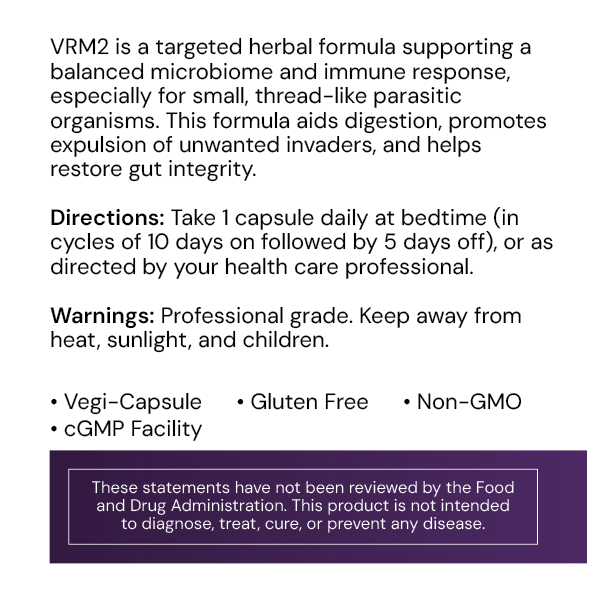
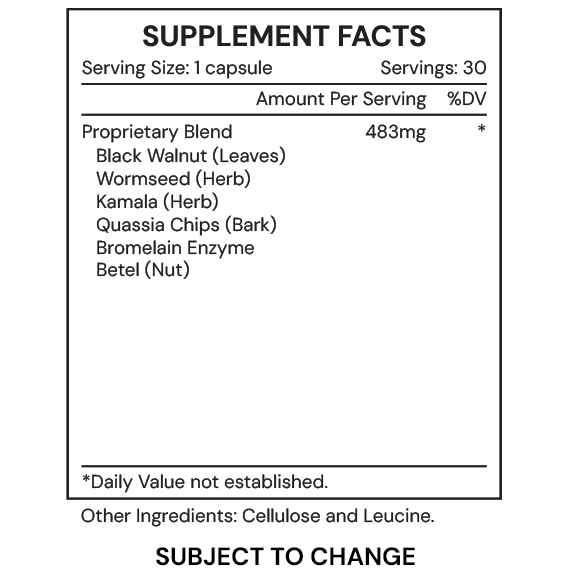
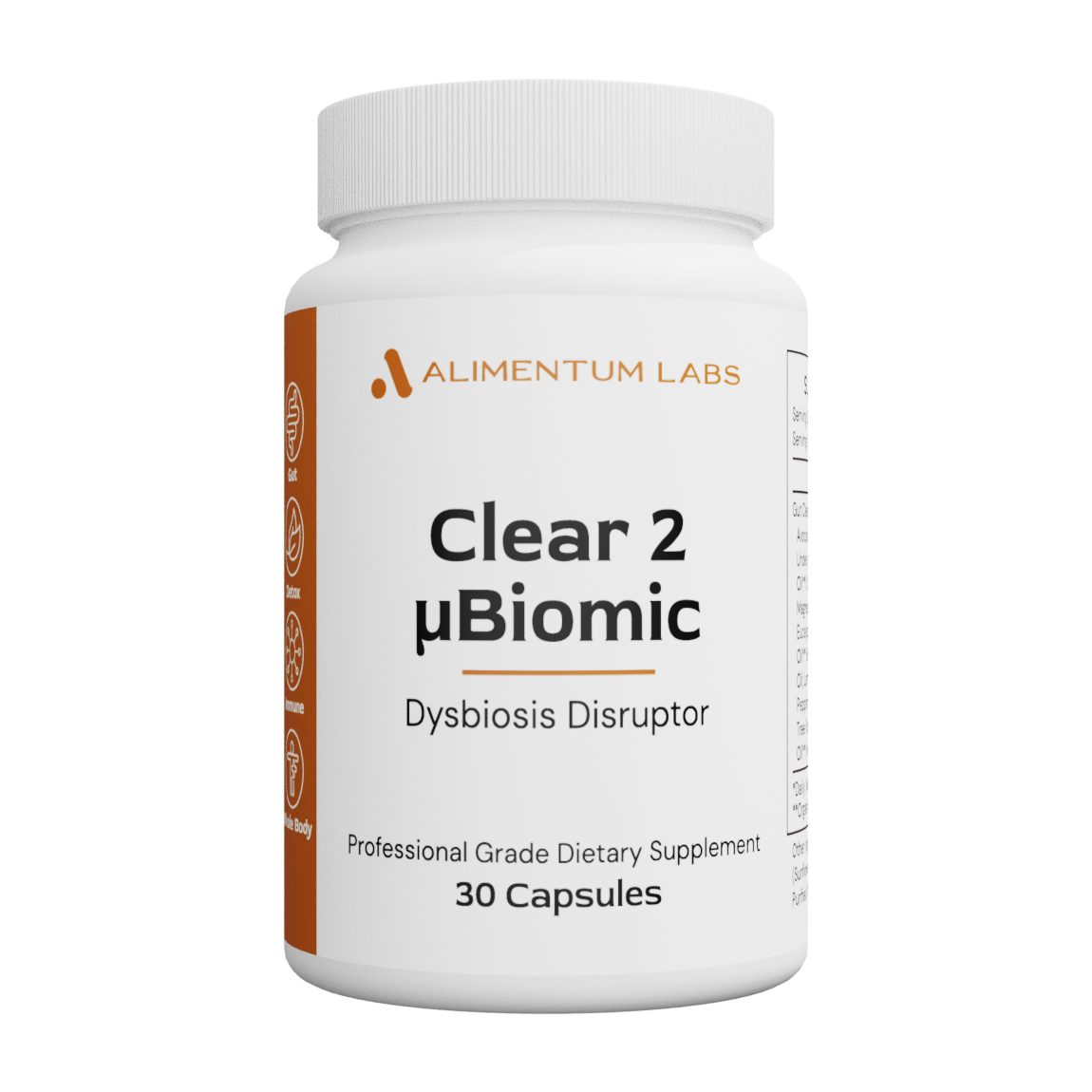
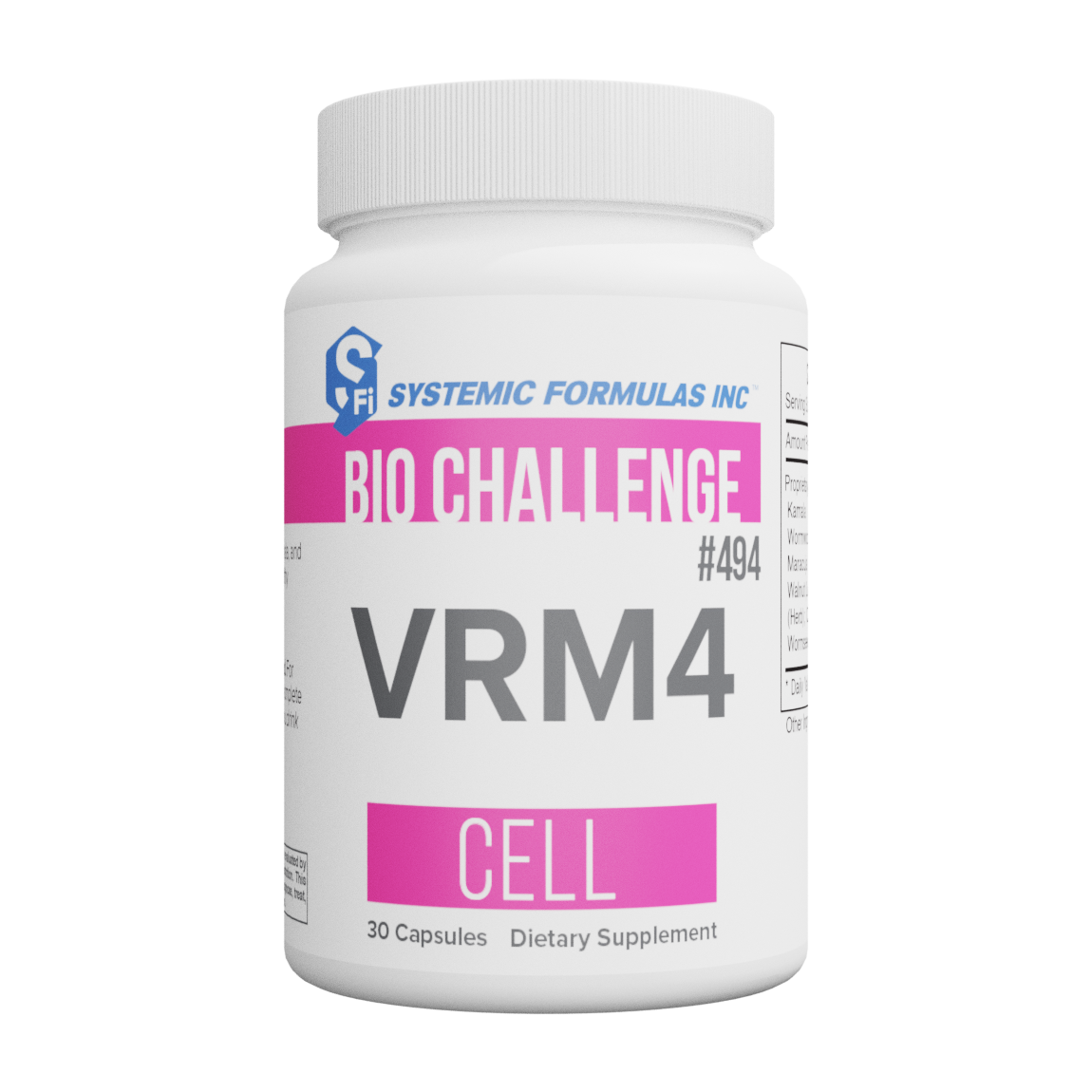
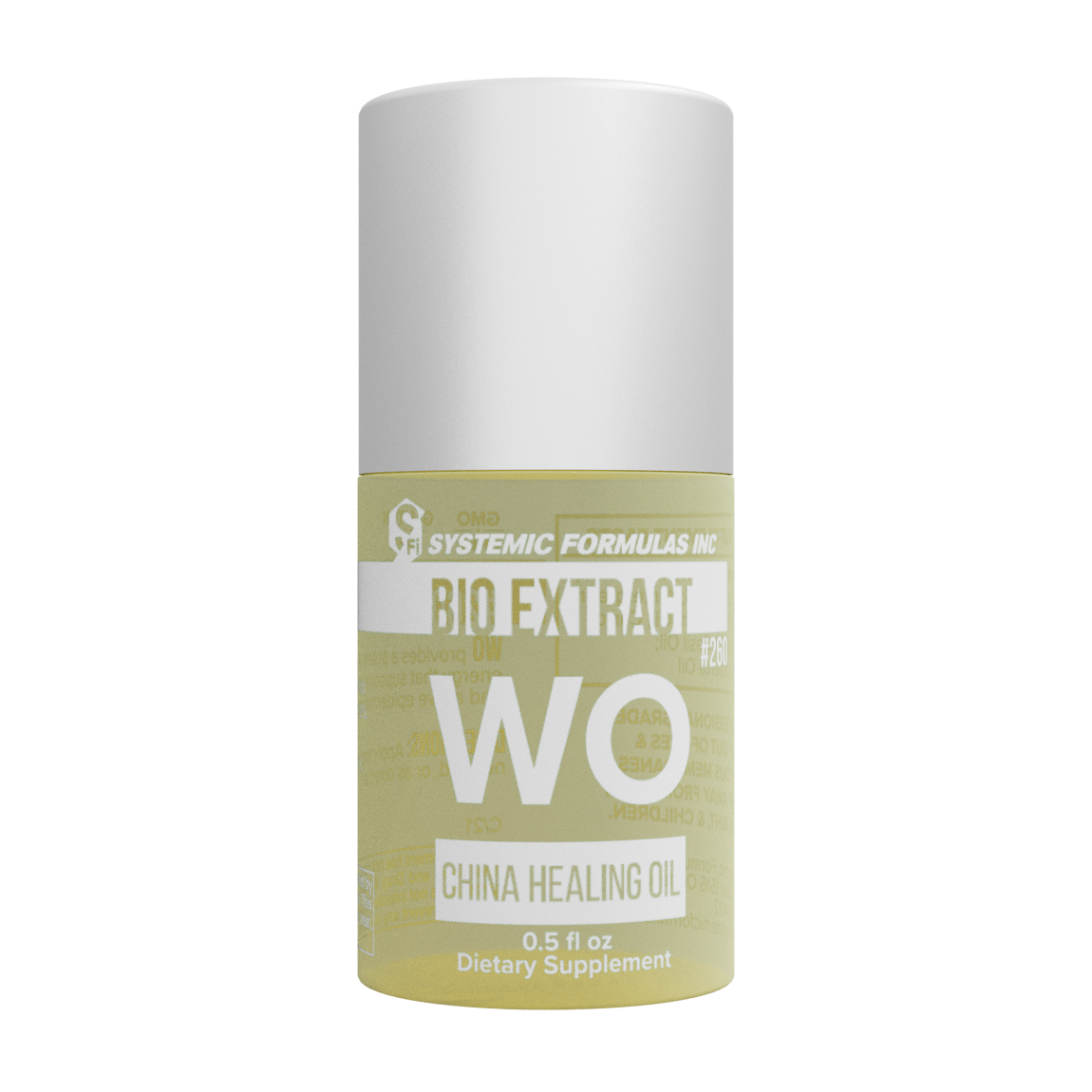
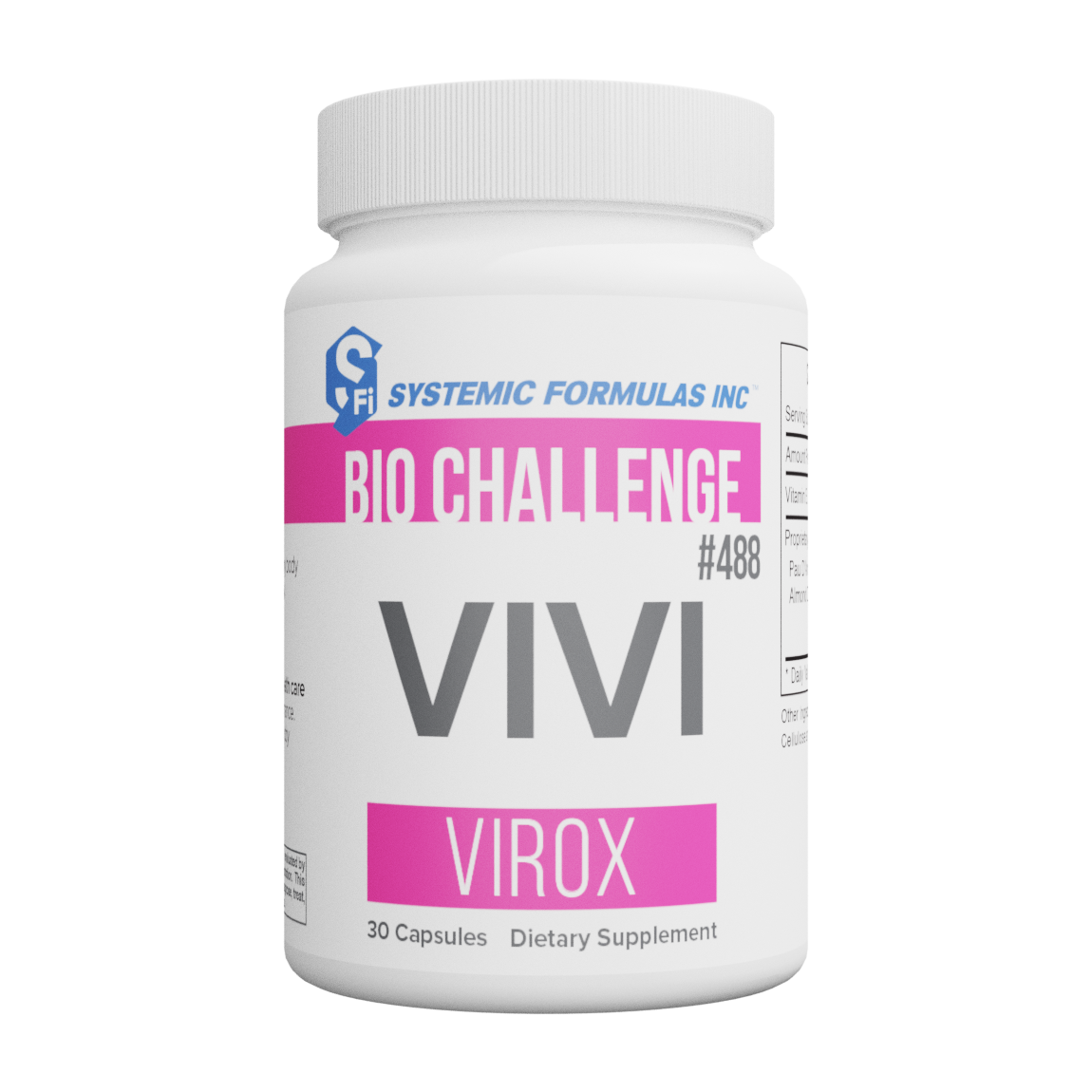
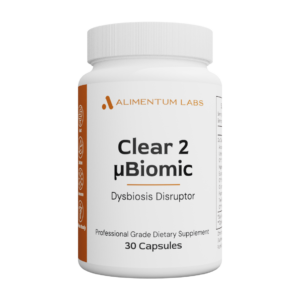
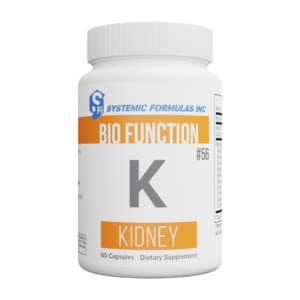
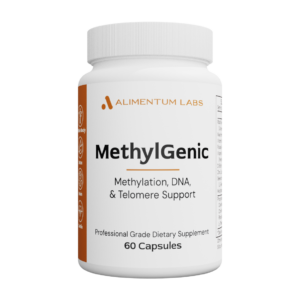
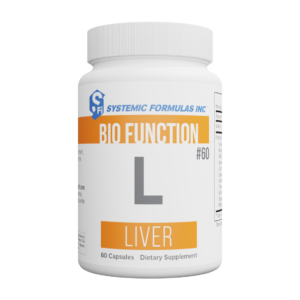

There are no reviews yet.